I got lucky this week and got a wagon load of “story” information about my paternal grandfather, Peter Livingston Barker. A whole wagon load…
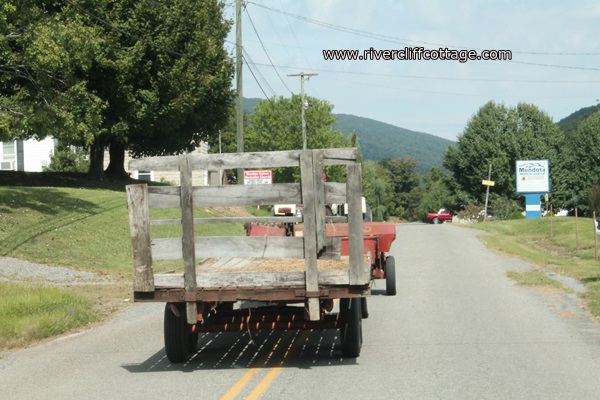
The following was written by the late Jack Nickels and Mary Faye Dougherty Taggart, Peter’s nephew and great niece. I’ve inserted a picture here and there with my notes in italics. I enjoyed reading this and could not wait to share it. I first wrote about Peter Livingston Barker early in the year. You can read that here.
Peter L., as he was called, was born in July of 1858 in Washington County, Virginia, and he lived his whole life in Mendota, a little town in Washington County, Virginia. According to the 1900 census, he lived as a boarder in 1900 with his brother Abe (Abraham Forest) Barker. At the age of 46, he married Mattie Kaylor.
You’ve seen this picture before on an earlier post. He’s pictured with his sisters..
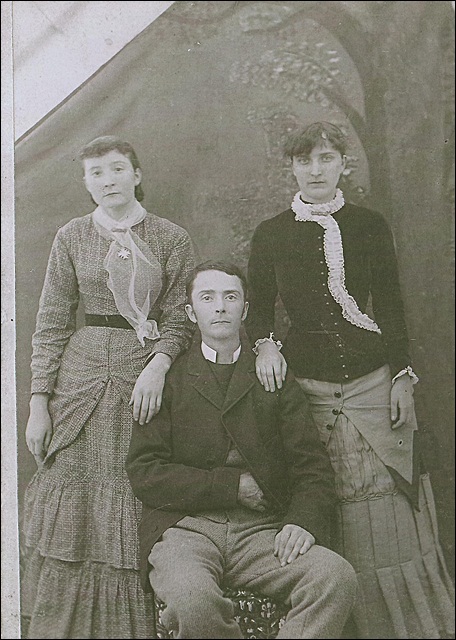
There are many old family stories about Peter L. Barker. He was an inventor and exhibited a creative streak. He went to Washington to get patents on his inventions. Once Peter L. went to Washington with Roy Nickels, his brother-in-law, and he saw a big parade. John Pershing was in the parade. Peter L. recounted the experience and said, “I saluted him (John Pershing) and he saluted me back.” As a result of this experience, Peter L. named one of his sons John Pershing Barker (who lived at the foot of Clinch Mountain).
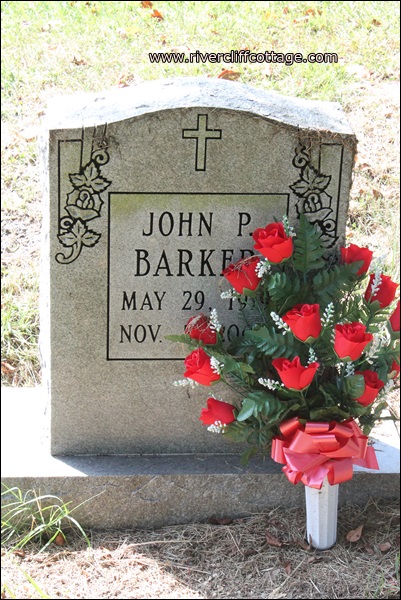
Some of Peter L.’s inventions include a washing machine made of a wooden barrel and railroad spikes which resulted in all of the clothes being torn up and a fly swatter over the dining room table that was powered by a treadmill on which a pig ran after an ear of corn which was suspended above the pig’s head. Peter. L made a mix master of some type. He also made a merry-go-round by putting a hole through a plank and putting a cardboard box on each end. He put a railroad spike through the center of the plank. It turned like a merry-go-round, but it threw everybody out. Once, Peter L. had a grand piano which he sawed off the legs to make legs for a dining room table.
Jack Nickles of Mendota, Virginia told of the time Peter L. found some blue clay-like material on his property. He accidentally got some on his hands, and when he washed off the clay, his hands were so white and smooth that he decided to put the clay all over his body. He did so and went to bed. His wife, Mattie Kaylor Barker, had a fit because he ruined the sheets. However, he was really ahead of his time. We now use clay packs on our faces to remove impurities.
This barn belonged to Roy Nickels, Jack’s father. It is now owned by John Larson, and it sits near the property owned by the Barkers for many years. I wonder if that clay was nearby in the swampy area across the road from the barn? Look at Clinch Mountain in the background. It’s hard to take a picture in Mendota without the mountain peeking through. I take it for granted until I look at pictures.
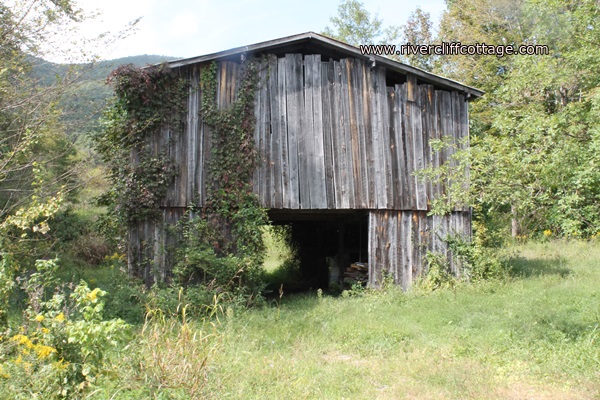
According to Jack Nickles, Peter L. kept a supply of law books back in the woods behind his house. He had a hammock back there, and he would frequently go to his hammock in the woods to read law books. Vernon C. Barker, his nephew was attending law school at the time, and whenever he needed help with his law studies, he would seek out his Uncle Peter in the woods. Jack Nickels said that is how Vernon got through law school.
Jack Nickels also told of the time that Peter L. Barker’s nephews, Vernon C. Barker and Abram Forest Barker, Jr. were in a boat. Pete and Vernon decided to play a trick on A. F. and tell him to jump overboard because they had just seen a snake in the boat. A. F. jumped in the river. Then Vernon jumped in because, as it turned out, there really was a snake in the boat.
Same river that we live on today…
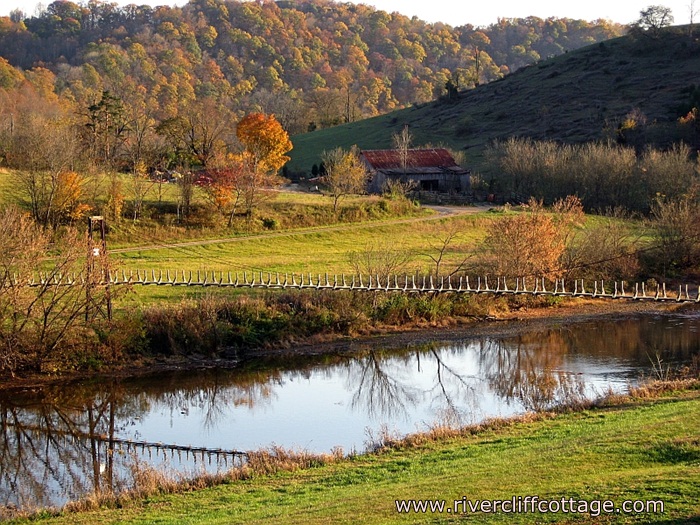
Peter L. also was responsible for the Mendota Hotel. The Mendota Hotel was owned by Scott Stickly and his wife around the 1890’s. Peter L.’s father and mother, William Barker and Lucinda Barnhart, had charge of the Mendota Toll Gate built at the foot of Clinch Mountain in Mendota. The proceeds were used to maintain the road over the mountain to Russell County. After the death of his parents, Peter L. and his wife, Mattie Kaylor, continued the operation of the gate until it closed in 1910. Source: Neal, J. A. (1977) Bicentennial history of Washington County, Virginia: 1715-1976, p. 455. Dallas , TX. Taylor Publishing Company.
It was told that Peter L. was to give a speech somewhere. Someone was supposed to introduce him, but that person did not show up, so Peter L. got up and said “I’m going to introduce you to the greatest orator of all times. It is I, Peter L. Barker.”
* * * * * * *
There’s more which I’ll add in a day or so. Hope you enjoyed. I’ll close with this picture of blocks made by William Thomas Barker, Peter’s son and my father, when he was a young man. I sometimes look over in their direction when I pass by. They are haunting in a pleasant way.
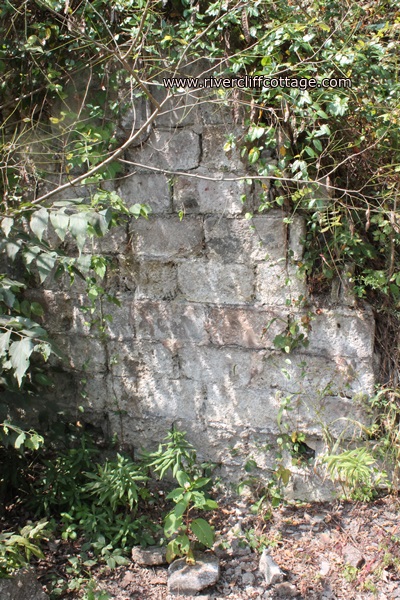
![]()
